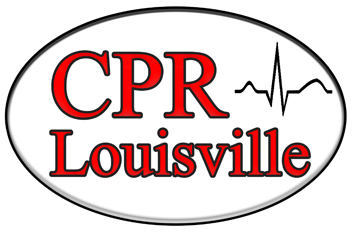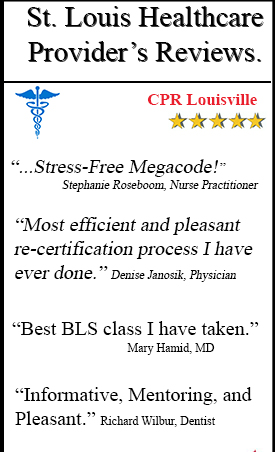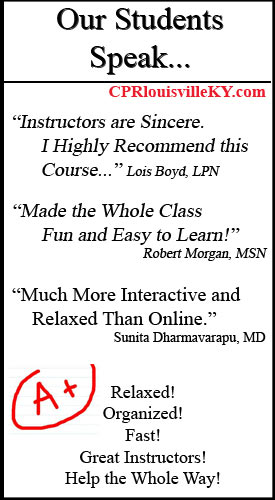Knowing how to respond effectively to choking in infants is one of the most vital skills parents can possess. While it’s an alarming scenario that no one wants to face, the reality is that choking incidents can happen at any time, and knowing how to act swiftly can mean the difference between life and death. Choking can be caused by small objects or food items that block a baby’s airway, leaving them unable to breathe and at risk for severe injury. Immediate action is essential during a choking episode, and the more prepared you are, the more confident you will feel when it matters most. This is why training and preparation are crucial. CPR Louisville offers comprehensive courses that teach parents and caregivers life-saving skills to help them respond effectively in an emergency.
Understanding Choking in Infants
To respond to choking effectively, parents must first understand what it is and how it occurs. Choking in infants often happens when small objects or food get lodged in their airways. Babies are naturally curious and tend to put things in their mouths as a way to explore their world. This exploration can lead to unintentional choking if an object or food item is small enough to become a hazard. Common choking risks include small toys, coins, buttons, or food items such as grapes, hot dogs, or nuts.
Recognizing the signs of choking can help you act quickly. When an infant is choking, they may show signs like difficulty breathing, an inability to cry or make noise, and a bluish tint to the skin, known as cyanosis. These signs indicate that the airway is blocked and the baby is not getting enough oxygen. Parents should be aware that gagging is different from choking—it’s a protective reflex that helps prevent choking. If an infant is gagging, they may be able to clear the obstruction themselves, but if they are unable to breathe or cry, it’s a serious emergency that requires immediate action.
Steps to Respond to Infant Choking
If you suspect your infant is choking, it’s important to stay calm and act quickly. Panic can lead to confusion and delays in responding. The first step is to assess the situation to determine the severity of the obstruction.
Assess the Situation
Before taking action, determine if the airway is partially or fully blocked. If the baby can cough, make noise, or cry, it suggests that the airway is only partially obstructed, and the infant may be able to clear the blockage with some help. Allow them to try to cough it out, but monitor them closely. If the baby is silent, unable to cry, or turning blue, this indicates that the airway is fully blocked, and you need to take immediate steps to clear the obstruction.
Responding to a Fully Obstructed Airway
If the infant’s airway is completely blocked and they are not breathing, follow these life-saving steps:
- Position the Infant: Lay the infant face down on your forearm, ensuring their head is lower than their chest. Support their head and neck with your hand, holding them securely but gently.
- Administer Back Blows: Use the heel of your other hand to give five firm back blows between the infant’s shoulder blades. These should be strong enough to create pressure that may help dislodge the object blocking the airway.
- Chest Thrusts: If the back blows do not clear the blockage, turn the infant over so they are face up on your forearm, keeping their head lower than their chest. Use two or three fingers to give five chest thrusts at the center of the chest, just below the nipple line.
- Repeat If Necessary: Alternate between five back blows and five chest thrusts until the object is dislodged or professional help arrives.
What Not to Do
There are certain actions that can make the situation worse and should be avoided. Never stick your fingers into the baby’s mouth blindly, as this can push the object further down the airway or cause injury. Avoid shaking the baby, as this can lead to further harm and is not effective in clearing the airway.
The Importance of Training
Knowing what to do in an emergency is crucial, but training provides parents and caregivers with the confidence and expertise to act quickly and effectively. Formal training helps reinforce the proper techniques and ensures that individuals are prepared when the unexpected happens. This is where CPR Louisville plays an essential role. CPR Louisville offers hands-on classes that teach parents, caregivers, and anyone involved in the care of children how to respond to a choking incident and other emergencies.
CPR Louisville’s courses are designed to be stress-free, informative, and practical. They offer a range of training programs including Basic Life Support (BLS), Advanced Cardiovascular Life Support (ACLS), Pediatric Advanced Life Support (PALS), and CPR and First Aid certifications. The hands-on nature of these classes ensures participants get the practice they need to respond confidently when an emergency arises.
Taking a CPR class at CPR Louisville is more than just a precaution; it’s an investment in your child’s safety. By learning and practicing life-saving techniques, you gain the knowledge and muscle memory needed to act quickly during an emergency.
Prevention Tips to Avoid Infant Choking
While knowing how to respond to choking is critical, prevention is even better. Proactive measures can help reduce the risk of choking and keep your infant safe.
Supervise During Meals and Play
The best way to prevent choking is to always supervise your infant during meals and while they are playing. Be vigilant about what they are putting in their mouths, and never leave them unattended with small objects or food items that could pose a choking hazard.
Age-Appropriate Foods and Toys
Ensure that the foods you offer are age-appropriate and cut into small, manageable pieces. Avoid giving infants foods that are round, firm, and could easily become lodged in their throat, such as whole grapes or chunks of meat. Opt for soft, well-cooked vegetables and small pieces of fruit. The same goes for toys—ensure that they are too large to fit entirely in the infant’s mouth and do not have small, detachable parts.
Baby-Proof Your Home
A baby-proofed home can go a long way in preventing choking incidents. Keep small objects that could be a choking hazard out of reach, and make sure that items are secured in places where the baby cannot access them. Safety gates and playpens can help limit access to dangerous areas, and cabinet locks can keep harmful items safely stored.
Knowing how to respond to choking in infants can be life-saving. By recognizing the signs, understanding the proper steps to take, and enrolling in CPR training through organizations like CPR Louisville, parents, and caregivers can ensure they are prepared to act quickly and effectively during an emergency. Don’t wait until an emergency happens—take the proactive step to equip yourself with the skills to protect the most vulnerable members of your family.






